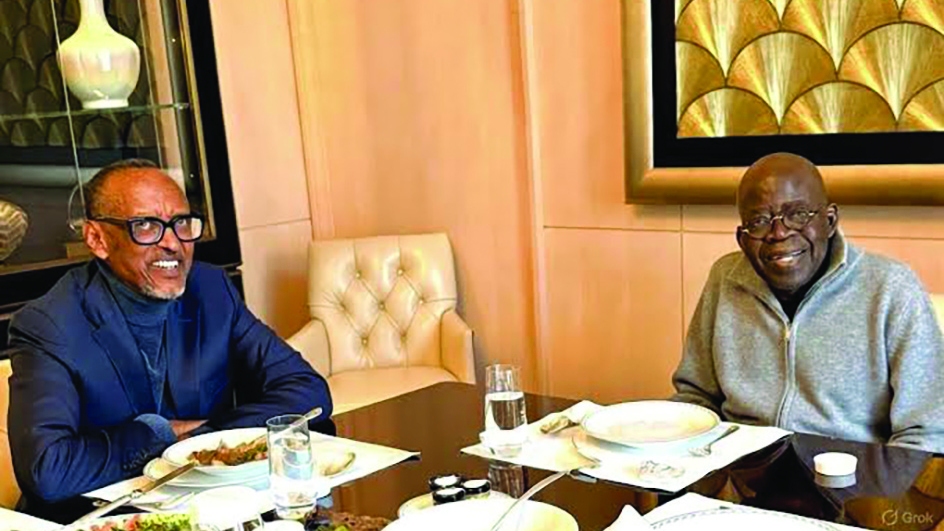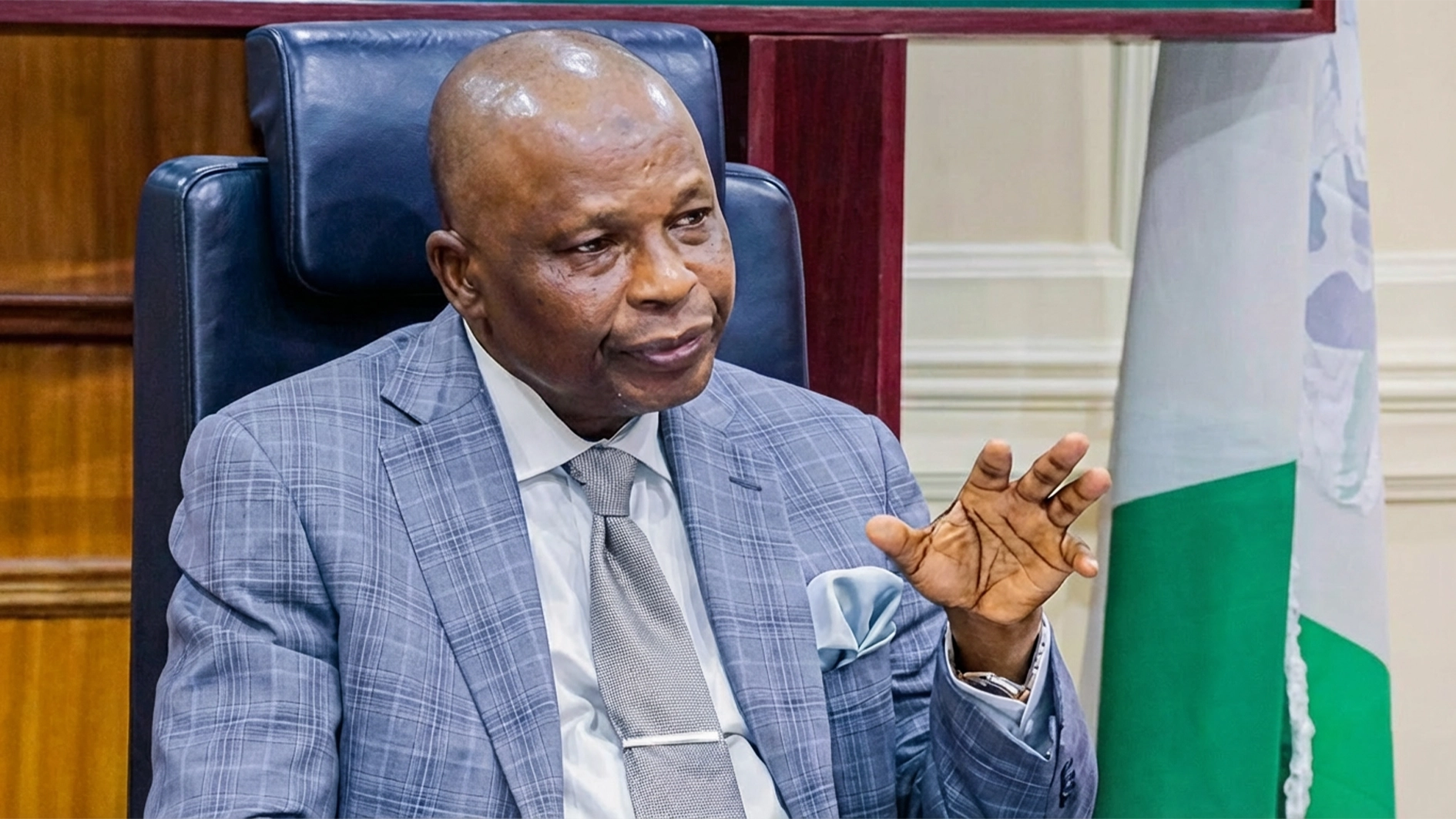Stakeholders across West and Central Africa have lamented the logistical gaps that cause shipment of exports to travel through multiple non-African ports before reaching their destinations in the continent, causing delays of about 50 days.
Citing the Economic Report on Africa 2025, they charged African governments to invest the estimated $120.83 billion required in transport equipment by 2030 to support the AfCFTA through streamlined regulations and strategic trade facilitation measures, to achieve the $3 trillion Gross Domestic Product yearly.
The submission was made yesterday at the opening of a two-day Sub-Regional Seminar and Meeting of Standing Committee No. 1 on Trade and Transport of the Union of African Shippers’ Councils,” holding in Lagos from October 29-30, 2025.
The event themed: ‘The Readiness of Countries of West and Central Africa in the Implementation of the Agreement Establishing the AfCFTA-The Role of Shippers’ Councils,’ was organised by the Nigerian Shippers’ Council (NSC) and UASC under the auspices of the Federal Ministry of Marine and Blue Economy.
Senior International Trade Policy & Law Expert/Lead, Nigeria AFCFTA Coordination Office, Olusegun Olutayo, underscored the persistent stagnation in intra-African trade, which had grown by only a 10 per cent increase in 61 years, marginally from 10 per cent in 1964 to about 18–20 per cent in 2025.
Presenting a papers on the “Status of regional efforts and the roles expected by member state stakeholders, including the Shippers’ Council,” Olutayo recounted his involvement in the successful shipment of Nigeria’s first AfCFTA consignment to Mombasa, Kenya, in January 2025, lamenting the logistical gaps that caused the shipment to travel through multiple non-African ports, including Malaysia, Singapore and Pakistan, before reaching its destination.
In his presentation, the Head of Research & Policy Advisory, Sea Empowerment and Research Center (SEREC), Dr Eugene Nweke, stressed that many West and Central African nations still lacked harmonised standards, trade logistics and customs modernisation to compete effectively.
Nweke urged African governments to adopt a phased liberalisation model, such as opening high-value industrial exports, negotiating AfCFTA rules of origin that reward regional value addition rather than mere transhipment, deploying trigger-based safeguards when import surges threaten local livelihoods, and replacing lost tariff revenue with value-added taxation and digital economy levies.
On his part, the Comptroller-General of the Nigeria Customs Service (NCS), Bashir Adeniyi, stressed the need to proffer lasting solutions to trade facilitation challenges across the region.
Also speaking, the Director-General of the Nigerian Maritime Administration and Safety Agency (NIMASA), Dr Dayo Mobereola, noted that while security remained essential, true readiness for AfCFTA required addressing broader challenges such as digitalisation, infrastructure and regional connectivity.
The Minister of Marine and Blue Economy, Adegboyega Oyetola, said the theme reflected collective determination to ensure the AfCFTA would become not just a framework on paper, but a practical instrument for driving industrialisation, trade expansion, and inclusive prosperity across Africa.






